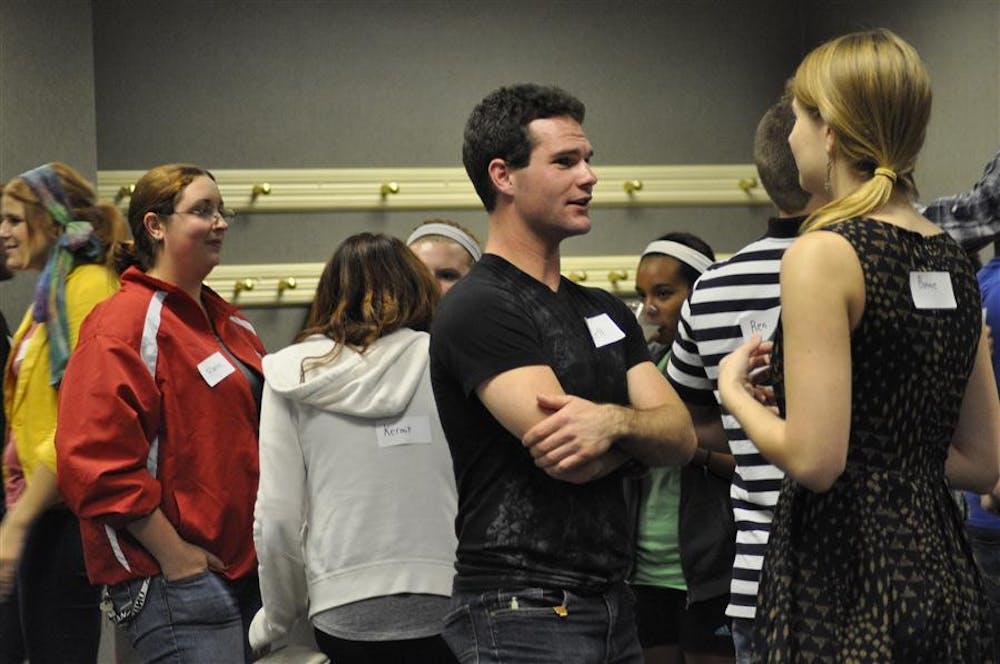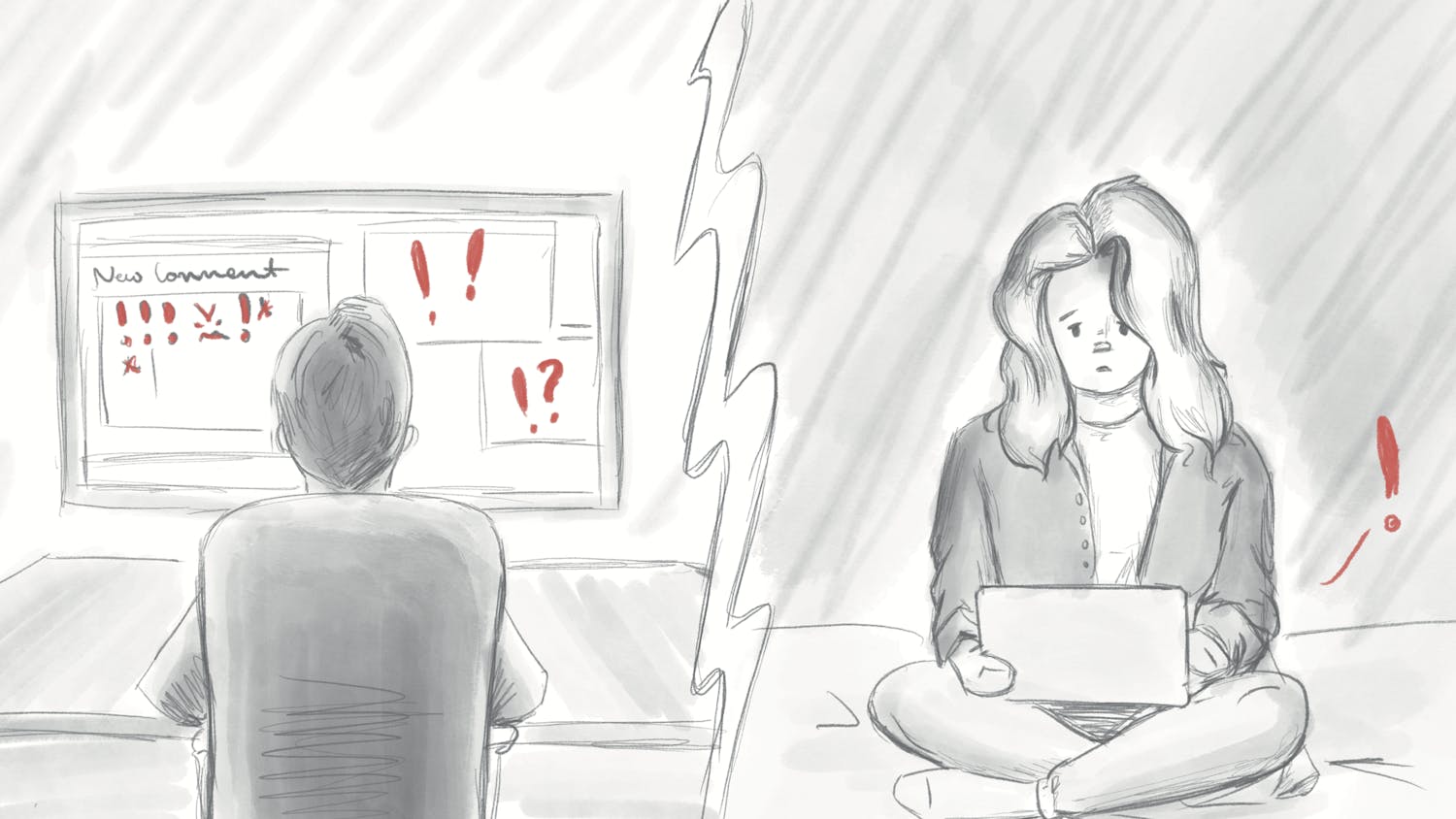The IU Health Center and the IU Auditorium will collaborate on the upcoming Sexploration panel discussion in anticipation for “Rent,” coming to the Auditorium on Sept. 12 through Sept. 14.
“80 Seasons of Love: Rent and HIV Over 20 Years” brings together four panelists in discussion about how the conversation and prevention of HIV has evolved over the past 20 years at 1 p.m. Thursday in the IU Auditorium lobby.
Emily Brinegar, coordinator of prevention services for IU Health Positive Link, Dr. Diana Ebling, medical director at the IU Health Center, Terry LaBolt, musical director for IU’s Musical Theatre Program and William L. Yarber, professor of applied health science, will participate in this event, led by moderator Kathryn Brown, a health and sexuality educator at IU Health Center’s Health and Wellness Education Office.
“The panel itself is important, an opportunity for reflection about some of the earlier days of the AIDS epidemic and how it’s changed,” Yarber said. “The panel represents a diversity of persons who are impacted by AIDS or involved in the treatment and prevention of AIDS. Each person can provide some unique perspectives.”
One of those perspectives comes from LaBolt, who is a survivor of the early epidemic. LaBolt said he lived in New York during the 1980s working as a Broadway conductor, and the city he lived in is also the setting for “Rent.”
“Why I enjoy doing these talks all the time is I’m one of the few survivors who had AIDS at that time who didn’t pass away like lots and lots of my friends,” LaBolt said. “I sort of feel like it’s my job to tell about the history.”
Most of the attending students were not yet born when the epidemic began, which is why informing them of the history is so important, Yarber said.
“They may not have an appreciation of all the barriers that were faced at the beginning, the stigma, the terrible treatment of gay individuals, lack of resources, also the inadequate treatment, the quick devastation and ending of lifespans that were very powerful tragedies for families and communities,” Yarber said.
Yarber said students similarly might not have a clear idea of exactly how many advances have been made in treatment of HIV/AIDS over the last 20 years and the slow growth of a climate of empathy for homosexual individuals in this country.
AIDS transcends the boundaries of a strictly health-based issue, crossing into areas of society, economics and law, Yarber said.
“It’s important to see the impact of AIDS beyond just the medical,” Yarber said. “There have been very few epidemics that only deal with the health outcomes. It impacts laws and perspectives about marginalized individuals, impacts perspectives about what permission people should receive, what young people are taught about prevention.”
Ebling said furthering student knowledge is one of the strongest motivators for participating in the panel discussion.
“I’m interested in bringing more awareness to HIV Pre-Exposure Prophylaxis (PrEP) as one method of HIV risk reduction for high risk individuals,” Ebling said in an email. “I hope they leave with a greater awareness of HIV/AIDS and prevention and the services provided at the university and in the community.”
LaBolt said he hopes students take away a sense of strength in times of difficulty, be that related to AIDS or other life events.
“Every bad thing that happens to people is really an opportunity for growth,” LaBolt said. “If they come away knowing the importance of self worth, that can protect them from a lot of danger. When you look at challenges and bad events as an opportunity to grow when they happen to you, you become wiser.”




